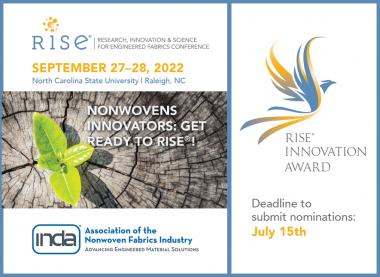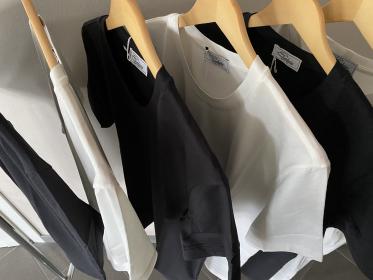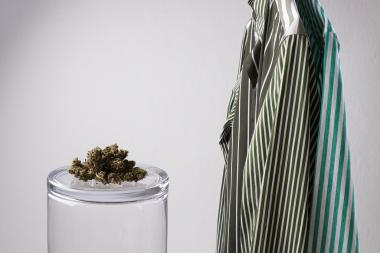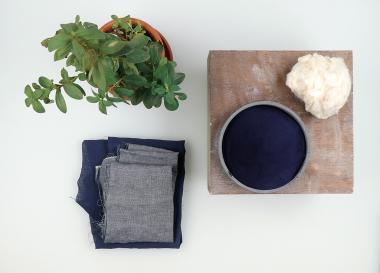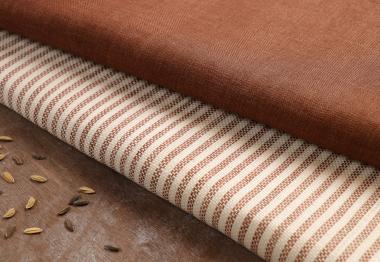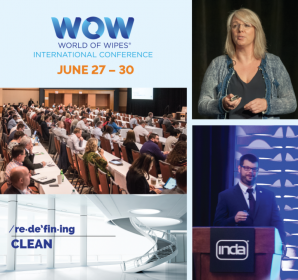Carbios joined WhiteCycle to process and recycle plastic textile waste
- An innovative European project to process and recycle plastic textile waste
- A partnership to reach the objectives set by the European Union in reducing CO2 emissions by 2030
- A unique consortium rallying 16 public and private European organizations working together for more circular economy
Carbios joined WhiteCycle, a project coordinated by Michelin, which was launched in July 2022. Its main goal is to develop a circular solution to convert complex[1] waste containing textile made of plastic into products with high added value. Co-funded by Horizon Europe, the European Union’s research and innovation program, this unprecedented public/private European partnership includes 16 organizations and will run for four years.
WhiteCycle envisions that by 2030 the uptake and deployment of its circular solution will lead to the annual recycling of more than 2 million tons of the third most widely used plastic in the world, PET[2]. This project should prevent landfilling or incineration of more than 1.8 million tons of that plastic each year. Also, it should enable reduction of CO2 emissions by around 2 million tons.
Complex waste containing textile (PET) from end-of-life tyres, hoses and multilayer clothes are currently difficult to recycle, but could soon become recyclable thanks to the project outcomes. Raw material from PET plastic waste could go back into creation of high-performance products, through a circular and viable value chain.
Public and private European organizations are combining their scientific and industrial expertises:
- industrial partners (Michelin, Mandals, KORDSA);
- cross-sector partnership (Inditex)
- waste management companies (Synergies TLC, ESTATO);
- intelligent monitoring systems for sorting (IRIS);
- biological recycling SME (Carbios);
- product life cycle analysis company (IPOINT);
- university, expert in FAIR data management (HVL);
- universities, research and technology organizations (PPRIME – Université de Poitiers/CNRS, DITF, IFTH, ERASME);
- industry cluster (Axelera);
- project management consulting company (Dynergie).
The consortium will develop new processes required throughout the industrial value chain:
- Innovative sorting technologies, to enable significant increase of the PET plastic content of complex waste streams in order to better process them;
- A pre-treatment for recuperated PET plastic content, followed by a breakthrough recycling enzyme-based process to decompose it into pure monomers in a sustainable way;
- Repolymerization of the recycled monomers into like new plastic;
- Fabrication and quality verification of the new products made of recycled plastic materials
WhiteCycle has a global budget of nearly 9.6 million euros and receives European funding in the amount of nearly 7.1 million euros. The consortium’s partners are based in five countries (France, Spain, Germany, Norway and Turkey). Coordinated by Michelin, it has an effective governance system involving a steering committee, an advisory board and a technical support committee.
[1] Complex waste: multi materials waste (Rubber goods composites and multi-layer textile)
[2] PET: Polyethylene terephthalate
Carbios















